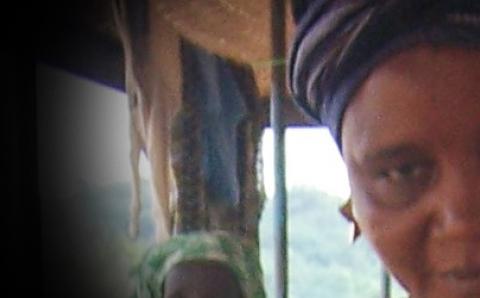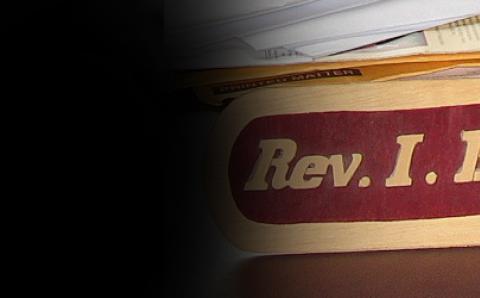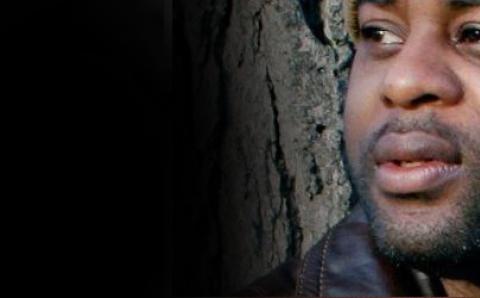Last year Christian Century invited some well-known authors to try their hand at summarizing the gospel in seven words or less (christiancentury.org/7words). There were lots of worthy responses, from M. Craig Barnes’s “We live by grace” to Martin Copenhaver’s “God gets the last word.” But the one I find most compelling is Nadia Bolz-Weber’s “We are who God says we are.”
She writes, “In the incarnation, life, death and resurrection of Christ, we see that God is so for us and with us that we can no longer be defined according to death, a religion-based worthiness system, or even the categories of late-stage capitalism. We are who God says we are: the forgiven, broken and blessed children of God; the ones to whom God draws near. Nothing else gets to tell us who we are.”
Really? Nothing else?
If that’s true, not even the voice in my head that wonders how God could possibly put up with my frequent bouts of indifference defines who I am. Not the culture that holds me to an impossible standard of success or intelligence or youth or beauty. Not the belittling words of a friend spoken years ago but somehow never forgotten.
We are who God says we are.
Those down-to-earth words of faith are sturdy enough to embrace a world of ambiguity and the kind of doubt expressed by my dad, a Christian his whole life long, toward the end of his life when he wondered aloud if he really believed. They are joyful enough to celebrate the times when God’s presence feels as real as each breath I take in and exhale—a rhythm of receiving and letting go that reminds me, if I let it, that I urgently depend on God for my very life. They are comforting enough to sustain hope in times of grief and loss, weakness, ill health, or fear of what the future might hold. And they are inviting enough to engage in conversation with people of faith or people who have no faith at all.
Trying to live out our faith can sometimes feel like a series of obstacles to be negotiated or expectations to be met. We want to do the right thing, but figuring out what that might be isn’t always as simple as it sounds. Even as we proclaim our dependence on God’s grace in the company of our brothers and sisters, we strive to be worthy of God’s love. Our Reformed theology encourages us to be active in building God’s kingdom on earth. We know that our everyday life here and now isn’t just a pit stop on the way to heaven. The downside, though, is a nagging worry that we’re never doing enough to bring in the kingdom. That simply being isn’t enough. We look up to the folks who “get things done” but struggle to understand the artists and dreamers among us—anyone who isn’t motivated by success or influence or wealth.
“We are who God says we are” reminds us that the old worthiness system doesn’t apply. It’s God who, through Christ’s incarnation and resurrection says, “You’re mine. Rest in my love.”
Those words can keep a 21st-century pilgrim sane. In a world where people of faith are struggling to resolve issues of faith and science, to find common ground in the voting booth, to honor and respect the faith of others, to figure out what role the church should play in all of it, it’s enough to know that it’s God—only God—who says who we are.
The gospel in seven words. That’s really good news.
Reformed Matters: We Are Who God Says We Are
1. How would you summarize the gospel in seven words or less (no fair using the ideas mentioned in the article!)?
2. “We are who God says we are”—what do you like about this summary of the gospel? What reservations do you have?
3. Contrast who God says we are with what others say we are, and, perhaps most importantly, with who we ourselves tend to think we are.
4. How would a better sense of who God says we are help us to live and act as true Christians? Give some examples from your own life.
5. How does knowing that we are who God says we are “keep a 21st-century pilgrim sane”?
6. How will it help us “resolve issues of faith and science” and find common ground in our witness to the world?
About the Author
Judith Hardy is a former associate editor of The Banner. She worships at Eastern Avenue Christian Reformed Church in Grand Rapids, Mich.









